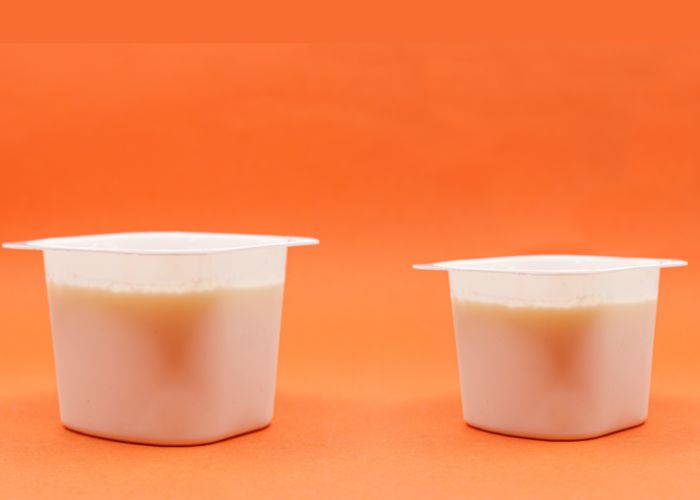The Spanish association Facua-Consumidores en Acción has discovered 14 food products in Spanish supermarkets to which reduflation has been applied. That is, a smaller quantity of product is sold at the same or even higher price than a year ago.
In these cases, unit prices have been compared so that recorded rates of increase are lower than the actual ones. That is, those that would be reflected by comparing the price per kilo or per litre.
Among these products with reductions are the Ruffles chips at Carrefour. They contained 295g in January 2022 and now 275g, and also increased in price by 31.1%. The price of Nestlé Fitness breakfast cereals at Eroski has increased by 11%. This is despite a reduction of the product from 450g to 375g. The same goes for Sanex gel at Eroski, which went from 600 millilitres to 550 ml, with a price increase of 10.9%.
Aldi’s gourmet bread with olive oil has gone from 300 grams to 260 grams, even though its price has increased by 33.7% in the past year. Something similar is happening with the rustic bread, also from Aldi, which weighed 600 grams in January 2022 and now weighs 500 grams, making it 10.0% more expensive. Looking at the evolution of the price per kilo, the increase is even higher.
Completing the list of the 14 products for which reduflation has been observed are as follows
Lidl
- hake fillets
- pork cubes
- split chicken wings
Eroski
- Wipp blue gel
Supermercado Mas
- Calvé homemade mayonnaise
Aldi
- El Mercado chicken chips
Alcampo
- pocket wipes from
Hipercor
- Schweppes tonic
- Granja San Francisco honey
Apart from the discounted products, four of the 10 food products analysed by Facua Consumers in Action have increased in price by more than 30% in one year. This makes the organisation stress that the government should set maximum prices for staple foods.
‘It is clear that the reduction of VAT on some products has had an extremely small effect on the shopping basket, given the brutal price increase that has occurred over the past year,’ warns Facua. The consumer organisation tracked the evolution of 507 prices in nine supermarket and hypermarket chains between January 2022 and the same month this year. The chains analysed are Dia, Hipercor, Alcampo, Aldi, Lidl, Eroski, Carrefour, El Jamón and Mas.
Huge price increases
Overall, the average price increase in these outlets over the past year was 24.2%. This rate rises to 29.2% if the comparison takes into account the offer prices the products would have in January 2022 or January 2023. According to the law, to show a product with a price reduction, the lowest amount that would have been applied to identical products in the previous 30 days must be shown next to it.
Oil products (of which 20 were included in the survey) increased the most in price. They saw an average increase of 47.4%. This was followed by milk and dairy products (49 products) with an increase of 34%. Meat and fish (118 prices analysed) increased by 24.2%, while the prices of drinks (44 products including soft drinks, juices, water, beer and other alcoholic beverages) rose by 23.5%.
The price of cleaning and personal hygiene products (34) analysed also increased by an average of 19.3% over the past year, while fruit and vegetables (74 prices) rose by 17.7% and pasta, pulses and rice (27) by 12.2%.
Also read: Which supermarkets did not comply with the VAT reduction


